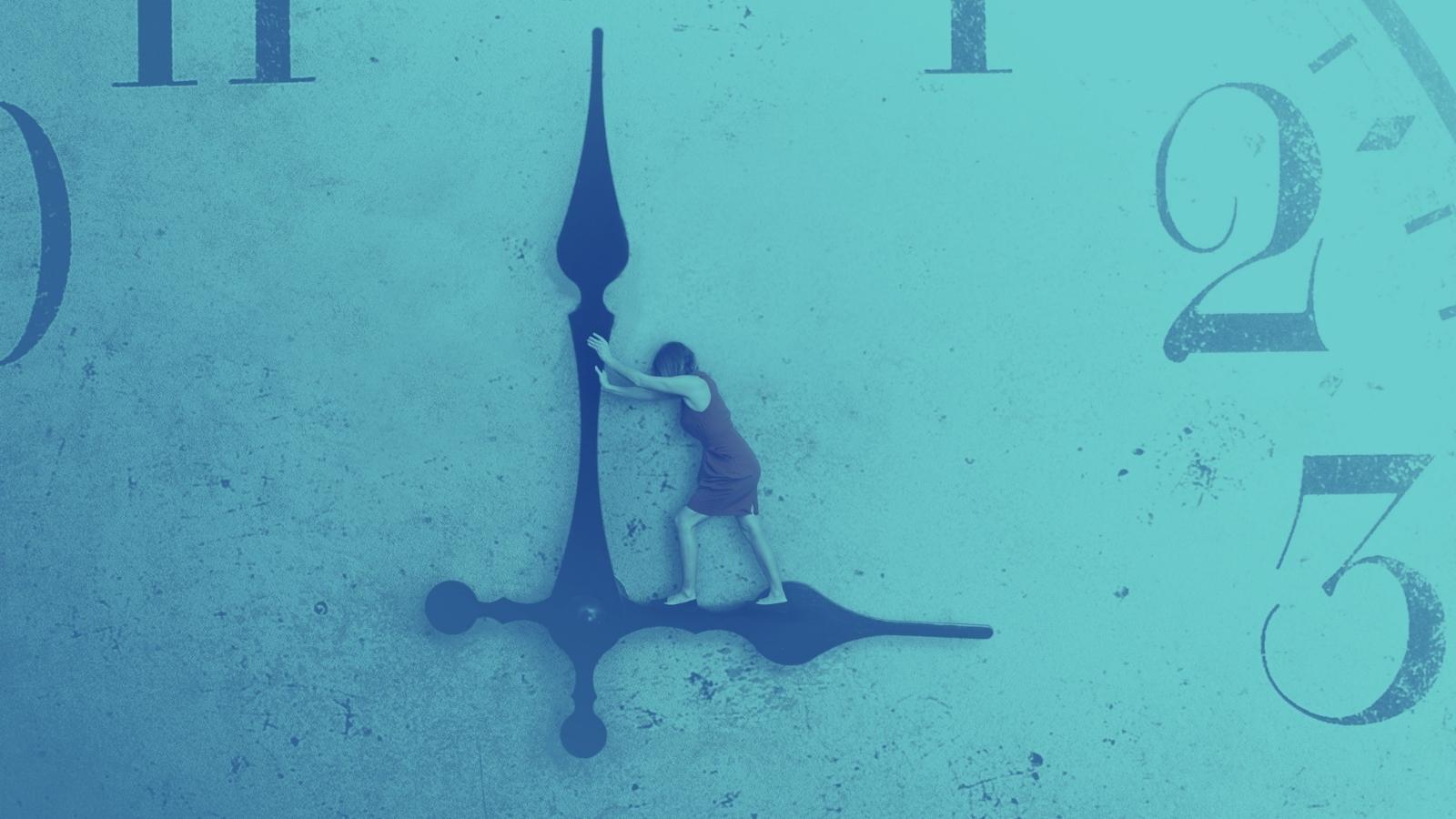Some people are fortunate enough to develop a keen appreciation of history from an early age. They possess a mind that is wide enough to think not just about the present or to plan about the future, but to use the past to improve themselves, their society and the chances of a better future even if they may not be present at that time[1].
Others learn to appreciate history as they age and realise that their time on the earth is, when framed as a segment of the timeline of the universe, almost irrelevant save for any positive impact they might have on others during their term of existence[2].
History is sometimes dismissed, when it is uncomfortable to analyse, as “the past if the past” or anti-theoretical[3]. Religious misinterpretation may also demote the past below the status of that which scriptures, written in the past, intended, noting that in Buddhism, the “samgha” or the repository of knowledge is valued to include history and historic tradition and facilitates understanding of “dhammata” or Law[4]. Further, the concept of ‘causation’ has interesting links to the early Buddhist theory of “dependent origination” – “if this exists, that happens; if this ceases that too ceases.”
Not ‘dwelling in the past’ has some benefits for applying resource and energy to the present and the future and requires a mindset which does not sink into self-indulgence. However, completely ignoring or being willfully ignorant to the past is potentially as unhealthy as ignoring the overall consumption patterns in our diets[5], abstaining through choice entirely from exercise or overindulging to excess a vice or bad habit.

Much of the world today is still dealing with the consequences of a pandemic, the recent invasion of the Ukraine’s territory and allegedly genocidal acts of the Russian state against innocent persons and many other global tragedies and challenges which are reported on with bias and varying degrees of intensity based on the self-interest of the media organisations that control and disseminate information for mostly non-altruistic purposes.
When discussing the Ukraine-Russia situation with the eldest generations, one response provided but not surveyed in any empirical research is “haven’t they learned from the mistakes of the past, don’t they know about the shame of past World Wars and persecution?”. This is hard to argue against without ethically supporting violence as a ‘last resorts’ mechanism to resolve disputes. It just seems that our world and the humans in it are as yet a long way off from finding ways to minimize irrationality and expel aggression from its societal fabric.
This aggression can manifest itself into daily lives in many ways and therefore it is possible for individuals to each choose to make a difference to the world we live in by espousing the virtues of peace.
In arbitration, resolution through ‘peaceful means’ is a fundamental tenet governing conduct and morals by those who purport to or who actually believe in it. The International Chamber of Commerce, formed in 1919, has been self-named the organization of the “Merchants of Peace”[6], promoting world peace through world trade. A vital aspect of this business is to promote suitable peaceful methods of resolving all forms of international and commercial disputes. The ICC can be viewed positively but it is like many organisations not free from critics[7] or criticism and has had to evolve to adapt to a different world than that which existing in its founding era.

However, carefully perching from a bird’s eye view of peace and aggression, the abuse of aggression and abuse of others through aggressive means is not a positive direction for minority or majority segments of society to pursue.
On such basis, aggressive litigators or merchants of ‘hostility’ to ‘win at all costs’ must adapt by an immense degree to ‘fit into’ the world of arbitration and dispute resolution. Abrasive litigious practice has unfortunately permeated the arbitral world but it is incumbent upon arbitrators to preserve peace through their processes, disposition of justice and encouraging parties and their representatives to make adjustments to their claims and presentation in the search of truth and justice, not blood and the spoils of ‘conquest’.

In life, when meeting new people or observing prior contacts, it is possible through a degree of pattern identification, to recognize a peaceful person or a person who is in a state of peacefulness at any given moment in time, versus a person of violence or who is being violent in reaction to an existing or past circumstance. The latter category, that is the inherently violent aggressors or the persons overcome by their violent and aggressive emotions, should not be given the power or trust to preside in the disposition of justice over others. The disposition of justice should be free and clear of violence and aggression, so that clarity, fairness can be dispensed in unprejudiced circumstances. There are a lot of ‘shoulds’ contained within this concluding analysis, with a deep recognition and regret that this is not how things were in the past, isn’t how things are in the present, and will continue not to be so for the foreseeable future.
“History is teaching by example”[8], so let us all try to be peaceful – by example, whether or not we believe the ‘past is the past’.
[1] Sara L. Austin, EdD Top Influential Historians Today (see: https://academicinfluence.com/rankings/people/most-influential-historians-today ) last accessed 24 April 2022
[2] Yuval Noah Harari Sapients: A Brief History of Humankind (Harper Collins 2015)
[3] Prasenjit Duara Why is History Antitheoretical? (Modern China Vol.24 No.2, Symposium: Theory and Practice in Modern Chinese History Research. Paradigmatic Issues in Chinese Studies, Part V. April 1998 see: https://www.jstor.org/stable/189412 ) pp.105-120
[4] B G Gokhale The Theravada-Buddhist View of History (Journal of the American Oriental Society, Vol. 85, No.3 July-September 1965 see: https://www.jstor.org/stable/597819 ) pp.354-360
[5] Ann Gibbons The Evolution of Diet (National Geographic Magazine February 2013 see: https://www.nationalgeographic.com/foodfeatures/evolution-of-diet/ last accessed 24 April 2022)
[6] See the ICC Centenary website: https://100.iccwbo.org/timeline
[7] Share R. Tomashot Selling Peace: The History of the International Chamber of Commerce, 1919-1925 (Georgia State University, Department of History, 2015 see: https://doi.org/10.57709/6986276
[8] Ibid 4.








